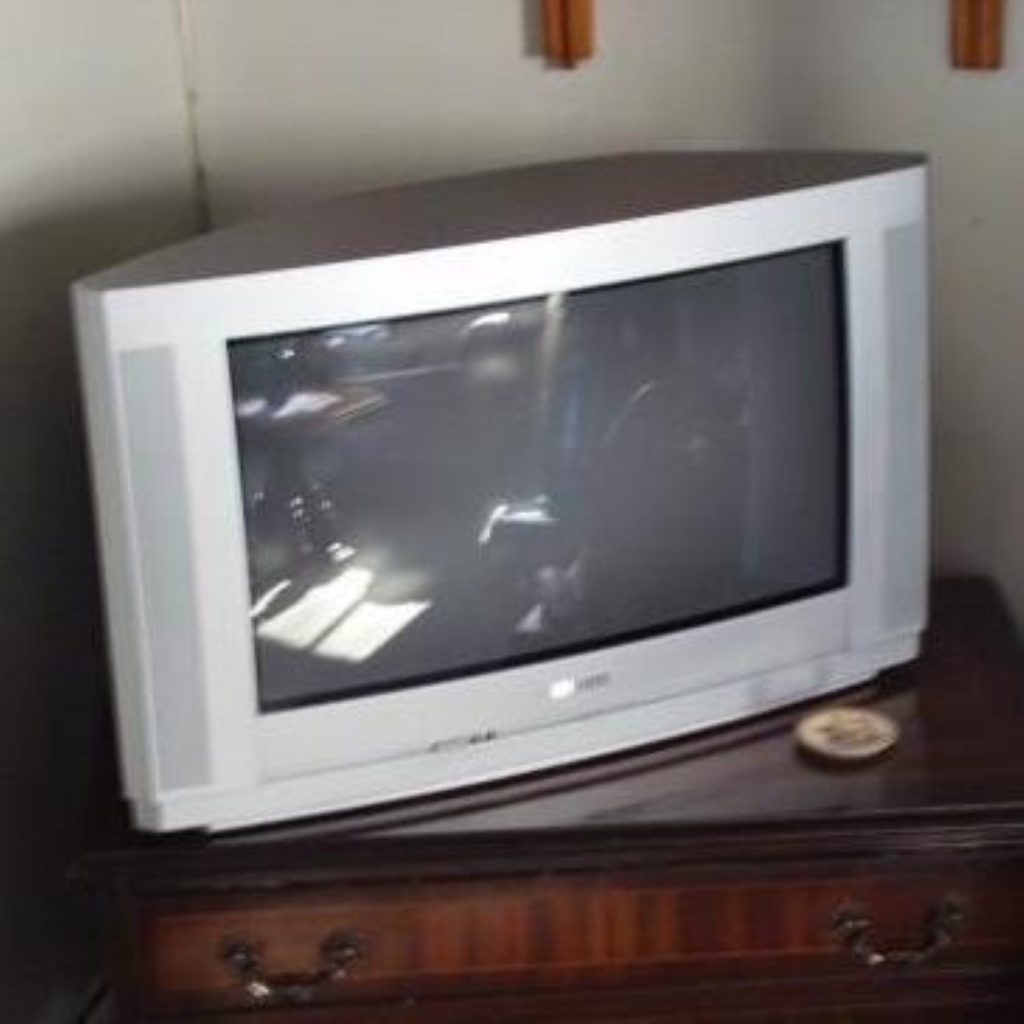Ofcom under fire over factual programme levels
A new report from 3WE (Third World and Environment Broadcasting Project) is sharply critical of the levels of factual programming about the developing world on the UK’s terrestrial channels.
It claims that factual programming about the developing world has halved since the survey began in 1989/90 and is now at its lowest level ever.
BBC1 and ITV1 showed under 20 hours of factual programming filmed in developing countries in the entire year and on BBC1 only one factual international programme dealing with development, environment and human rights was broadcast in 2003. On ITV there were no such programmes.
However, coverage of international affairs of news programmes is high, primarily due to the “War on Terror” and the military operations in Iraq.


The BBC’s performance is branded as “alarmingly poor”, although the report acknowledges that efforts are being taken to “redress the deficits”. ITV and Channel Five are “clearly failing in their commitments”.
The major broadcasters come under fire for “violating the letter and the spirit of their public service obligations” and the regulator Ofcom is slammed for failing to take efficient action.
3WE’s co-ordinator, Don Redding, said: “The British public are having blinkers slapped on them by TV bosses who are violating the letter and the spirit of their public service obligations. How are UK citizens supposed to understand the world if they aren’t even told about it?”
Mr Redding urged the Government to act, saying: “Ofcom are making a mockery of the mandate given to them by Parliament. When the Communications Act was passed in 2003, extensive public and parliamentary support helped amend it to include a requirement for adequate programming on ‘matters of international significance or interest’.
“Despite this, Ofcom, as shown in their recent review of public service television broadcasting, seem unwilling to take any action to stop the blatant violations of broadcasters’ public service obligations. The lowest-ever level of factual programming from the developing world has therefore been met with a deafening silence from the new regulator.
“Worse still, Ofcom’s new policy proposals – to free ITV1 and Five from most of their public service obligations and to carve up the BBC license fee – seem designed to sabotage public service broadcasting once and for all. It is time for Parliament and the Government urgently to look again at the regulator’s operations.”
3WE comprises of representatives from charities like Oxfam, Christian Aid, ActionAid, and Save the Children.
Oxfam’s head of media, Paul Mylrea said: “While news planners have changed their policy to track the post-9/11 world, factual programme-makers appear to be burying their heads in the sand. The statistics make grim reading.”
Neither ITV, the BBC or Ofcom has yet responded publicly to the report.











